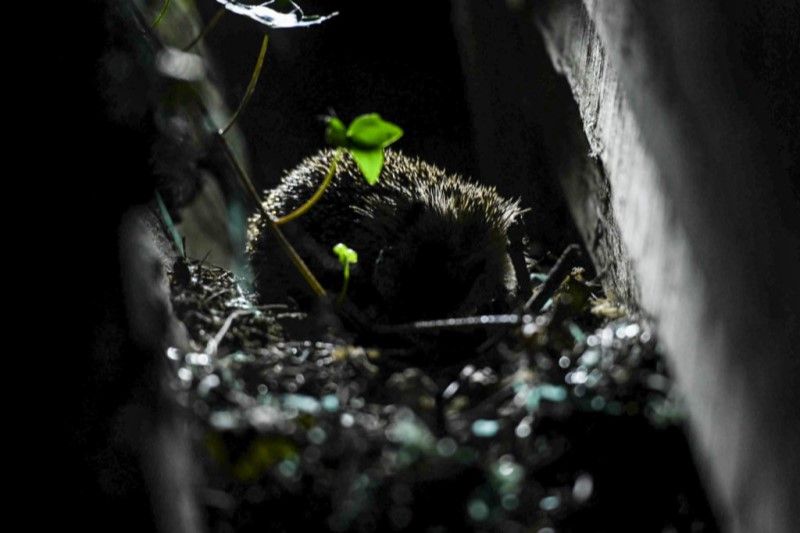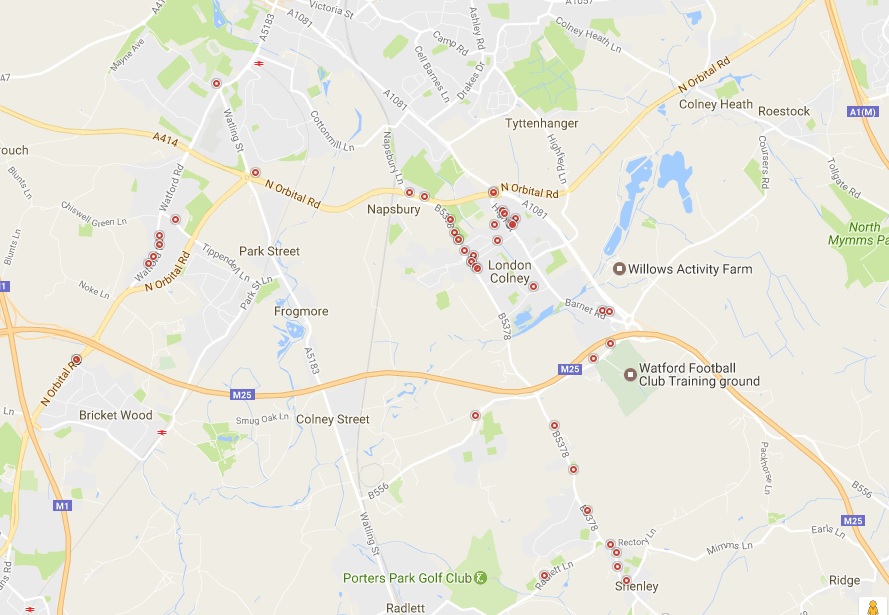Hedgehog research programme

To save the hedgehog, we must understand it. For such a popular and recognisable animal, hedgehogs are still poorly understood and this limits conservation efforts. This is why PTES and BHPS have invested £1.5 million on hedgehog research projects over the past five years.
Active research areas
Monitoring hedgehogs
Our researchers have designed hedgehog footprint tracking tunnels that detect the presence or absence of hedgehogs at a particular site. But we still need a reliable way to estimate hedgehog density so we’re currently testing a method called the Random Encounter Model to estimate this using a grid of trail cameras placed in gardens. Learn more about detecting hedgehogs using tracking tunnels…
Hedgehogs and arable farmland
National surveys have repeatedly suggested that hedgehogs are doing better in the eastern counties of England than the west, yet they’re also declining in these arable-dominated rural landscapes and appear to favour villages over farmland. Why is farmland apparently hostile to hedgehogs? Scientists Anouschka Hof and Carly Pettett have looked in detail at these problems by radiotracking animals and investigating food availability, supplementary feeding and the influence of predators.
Hedgehogs and badgers
Badgers are the main natural predators of hedgehogs. Many studies have demonstrated the complex interrelationship between these two iconic species; animals that also compete for beetles and worms. Climate change has favoured badgers in recent years, but our National Hedgehog Survey found a range of rural sites where both species co-exist. Is this coexistence a stable situation? Do certain features or management regimes favour coexistence? What environmental triggers cause the relationship to shift from competition to predation?
Hibernation
Hedgehogs are one of only two terrestrial mammals to hibernate in the UK, the other being hazel dormice. Little is known about hedgehog hibernation, but they spend the best part of half their year in this state. To study hibernating hedgehogs you need to radio-track them, ideally periodically weigh them and record their body condition. We’d like to know more about where hedgehogs hibernate, how often they move nests and when the periods of high mortality are.
The urban environment
We’ve lost up to third of urban hedgehogs since 2001, yet settlements can also hold the highest densities of hedgehogs and villages have been shown to be attractive to animals in rural landscapes. But how many gardens does a hedgehog need? Where do they nest? How significant are the effects of supplementary feeding? What are the biggest threats? Radiotracking of hedgehogs in suburbia is notoriously difficult, so improvements in the accuracy of GPS may hold the key.
Hedgehogs and roads
Roads vehicles kill hedgehogs and traffic or infrastructure can prevent them from moving around freely. We’re studying the genetics of hedgehog populations around major roads to see if these obstacles are changing gene flow in wild hedgehogs. Roadkill appears to be more of an issue than previously thought, so we need to build in wildlife friendly features. Are there roadkill hotspots for hedgehogs? Do the effects of roads differ in rural and urban areas? How can we improve the accuracy of national mortality estimates?
European Hedgehog Research Group
We support a virtual group of around sixty researchers from Belgium, Austria, Germany, Ireland, Sweden, Denmark, France and Great Britain. Based around a Google Group, the group discusses hedgehog research issues and hold meetings. If you’re involved in hedgehog research and would like to join, please get in touch.
Hedgehog research papers
We’ve compiled a list of some key hedgehog papers written by academics across Europe who are studying hedgehog ecology and populations. Summaries of all of these papers can be found here. Or you can get an overview of the status of the hedgehog population in the UK in our current State of Britain’s Hedgehogs report.

